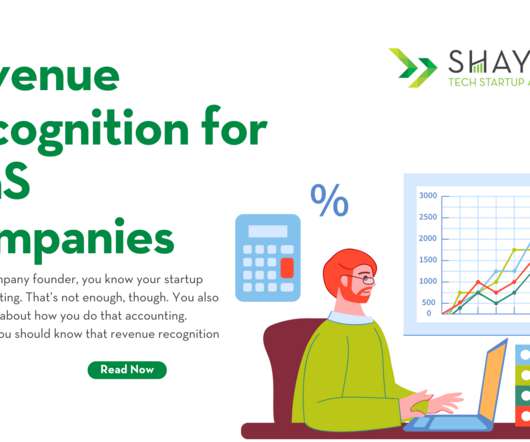How to Set Up Accounting for a New Business: A Full Guide
xendoo
MARCH 16, 2022
DIY (by hand) – If you choose to do the bookkeeping yourself, you can make the entries manually using software like Wave or QuickBooks. First-time business owners that start with Excel spreadsheets regret it, so we advise using cloud accounting software. . Set up an online accounting system. Outsource your accounting.













Let's personalize your content